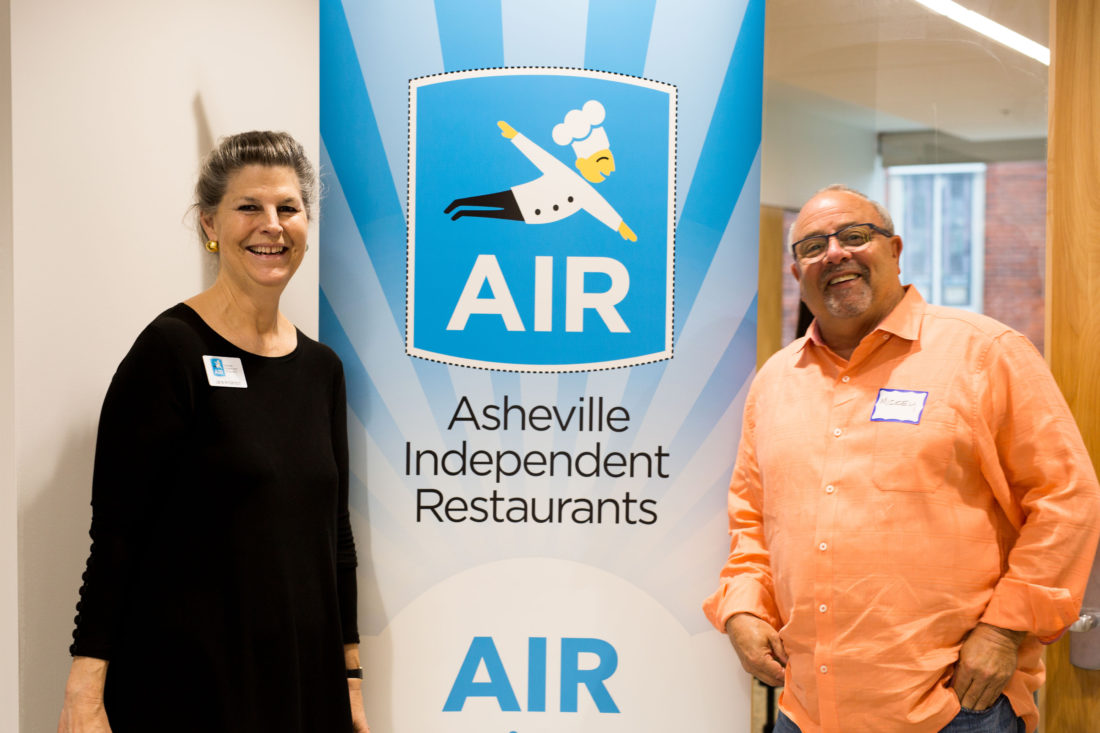It’s after midnight and you’ve just finished a double shift working front of house at a downtown restaurant at the height of tourist season. Your back is aching, and a snarky comment from a cantankerous customer has left you feeling emotionally fragile. But you’re still too wide awake from hours on your feet in stressful, adrenaline-fueled conditions to consider heading home to bed.
Instead, you walk to a nearby bar for a round (or three) of drinks with co-workers.
In many professions, a challenging workday can end with a visit to the gym, a leisurely meal or time with family. But in the food and beverage industry, with its late hours and high-stress atmosphere, alcohol and drug use is a notoriously common means of winding down.
In fact, the Substance Abuse and Mental Health Services Administration reported in 2015 that the food, beverage and hospitality sector far surpassed other industries in rates of substance use disorder and illicit drug use and trailed only mining and construction work for heavy alcohol consumption.
This month, a program debuted in Asheville that could prove to be a valuable resource for the local food and beverage community. On July 23, Posana restaurant hosted Western North Carolina’s first meeting of Ben’s Friends, a support group program aimed at addressing the unique challenges faced by industry workers grappling with substance abuse and addiction.
Ben’s Friends was founded in 2016 in Charleston, S.C., by longtime restaurant professionals Mickey Bakst and Steve Palmer when Palmer’s friend, Charleston chef Ben Murray, took his own life after struggling with addiction. Both Bakst and Palmer have impressive track records of successful sobriety — 36 years for Bakst, 18 years for Palmer.
In response to dire need nationwide, the program has mushroomed, with chapters popping up in Atlanta, Charlotte, Raleigh, Richmond, Va., and Portland, Ore. Asheville is the seventh city to host an official chapter.
Ben’s Friends is not affiliated with Alcoholics Anonymous or Narcotics Anonymous, but there are some similarities, including a preamble and the condition that everything that goes on at the weekly meetings is completely confidential, says Jonathan Johnson, who leads the new Asheville chapter with fellow industry worker Brian Rea.
“But it’s not structured,” Johnson explains. “There’s lots of room for open dialogue and discussion where you are sharing your similarities, your commonalities and the challenges you faced that week or the successes that you’ve had.”
Johnson, who marked 11 years of sobriety in January, describes himself as a person who is fluent in two languages — addiction/recovery and restaurants. He’s the general manager at Carmel’s Kitchen & Bar and has been working in the service industry for 34 years. He’s also been through several rehabilitation programs, from 14-day to 18-month treatments, in his efforts to conquer alcoholism.
“We work in an environment where every one of us has endless bottles of alcohol, beer, wine at our disposal 24/7, and there’s always someone who has whatever other substance you may want,” says Johnson. “[Ben’s Friends] allows you to get to the core and have a much more productive dialogue.”
The Asheville Independent Restaurants organization facilitated the creation of the local Ben’s Friends chapter. Johnson first found out about the idea when the nonprofit’s executive director, Jane Anderson, mentioned it to members of a task force focused on improving the local food and beverage culture.
Anderson says that in helping coordinate the Ben’s Friends effort, she discovered just how significantly substance abuse impacts the local industry. “Now that I have reason to talk to people about it, I’m hearing awful stories,” she says.
Johnson knows this all too well. “I talk to a lot of owners, a lot of GMs, a lot of people in the restaurant industry, and we’re all losing people,” he says. “Especially in the last five years, every one of us has lost at least one valuable employee who could just not get control of their demons.”
Bakst urges everyone involved with Ben’s Friends to also attend AA or NA meetings because of their extensive network and availability. But he believes his program offers a “special bond” that can help those in the service industry and can appeal to young workers who are turned off by the rules, God focus and steps of more structured programs.
“Our sole purpose is to help anybody struggling in our industry with alcohol and drugs, and we will do whatever we can as an organization to help that person find a road to sobriety,” says Bakst.
Due to the involvement of AIR and local restaurateurs, Bakst sees immense potential for the volunteer-driven Ben’s Friends to thrive in Asheville. In addition to spreading the word about the program, AIR invited Bakst to attend the inaugural July 23 Asheville meeting, with Biltmore Farms providing him free lodging. AIR also convened 25 local restaurateurs at its offices before the meeting to learn about Ben’s Friends firsthand from Bakst.
“The success of an organization in each community is based on the people in that community,” Bakst says. “And I have to tell you, your community is off-the-charts fabulous.”
Ben’s Friends meets at 11 a.m. Tuesdays at Posana, 1 Biltmore Ave. All are welcome. For details, contact Jonathan Johnson at jonjohnson@gmail.com or Brian Rea at jbrianrea@hotmail.com or visit bensfriendshope.com.



Before you comment
The comments section is here to provide a platform for civil dialogue on the issues we face together as a local community. Xpress is committed to offering this platform for all voices, but when the tone of the discussion gets nasty or strays off topic, we believe many people choose not to participate. Xpress editors are determined to moderate comments to ensure a constructive interchange is maintained. All comments judged not to be in keeping with the spirit of civil discourse will be removed and repeat violators will be banned. See here for our terms of service. Thank you for being part of this effort to promote respectful discussion.